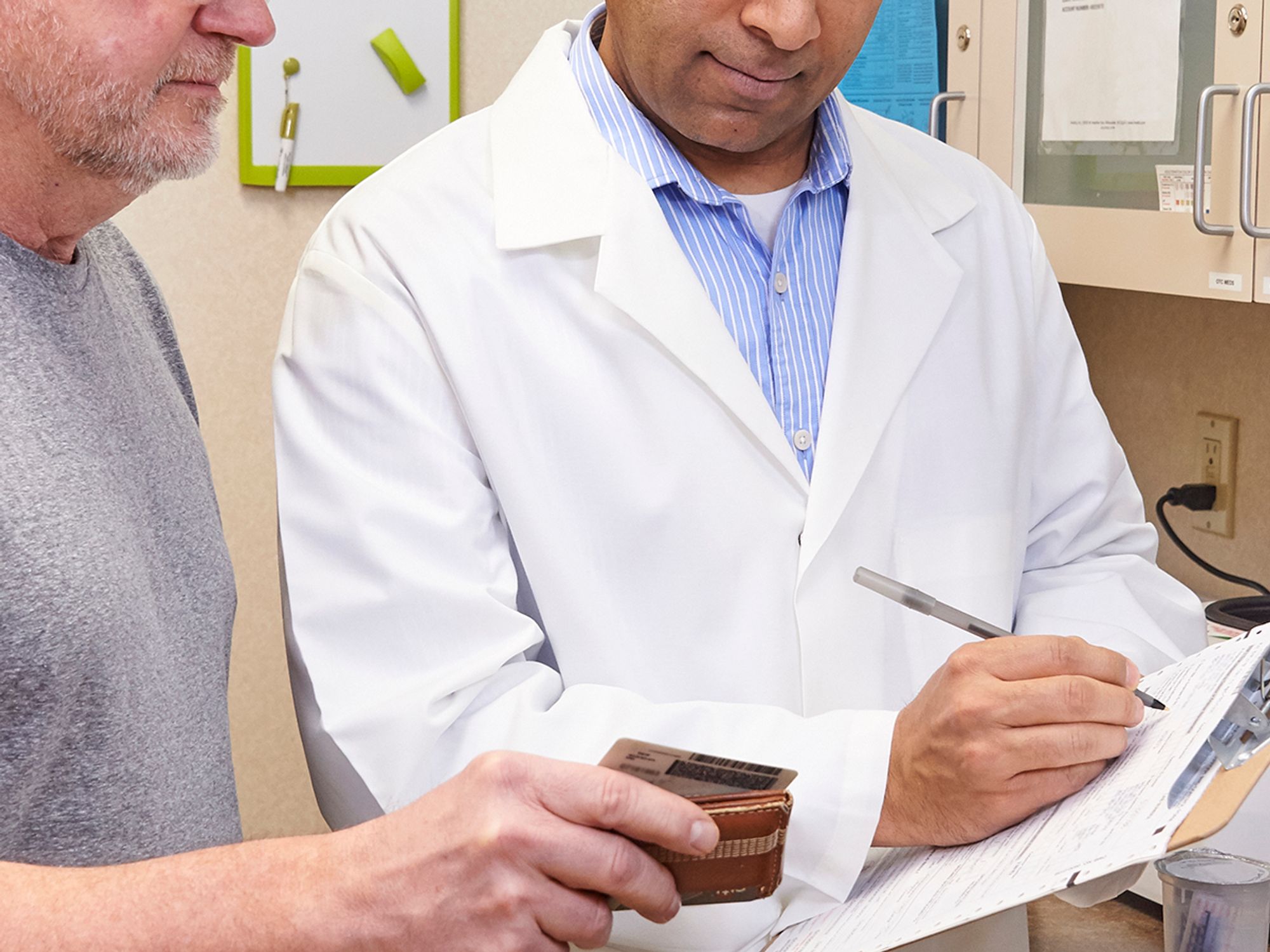Pre-employment drug tests

- Pre-employment tests give employers the opportunity to test for illegal drug use before an employee begins work.
- Employers should drug test all applicants equally to avoid discrimination.
Pre-employment drug testing is done before an employee begins work or soon after the employee’s first day on the job. Because the employer has not yet had the opportunity to see the employee at work and potentially spot any signs of substance abuse, a pre-employment test is given to detect illegal drug use.
As with all company policies, a pre-employment drug testing policy must be implemented fairly and consistently, in a manner that does not conflict with any federal, state, or local civil rights or workers’ rights laws.
Discrimination: To avoid discrimination issues, employers should test all candidates for a position at the same point in the hiring process. A drug test is typically conducted after a conditional job offer is made. If an applicant has a medical condition and requests a change to the way a test is conducted, the request should be considered in light of the Americans with Disabilities Act (ADA). For example, an accommodation may be required if a person cannot provide a urine sample because of a kidney condition. The situation can be discussed to see if an alternative test (such as a hair test) is an option.
Medical marijuana: A state law may provide protections for individuals who use medical marijuana. In these states, a positive pre-employment test can be treated as a positive test for a prescription medication. An employer may need to help an applicant navigate the drug testing process and allow them to provide proof of legal off-duty use of medical marijuana that is bringing a a positive test drug result. The appropriate steps can be taken to see if off-duty use of medical marijuana can be accommodated in light of job duties. Even in states with no protections for individuals who use medical marijuana, an employer should not quickly reject a job applicant because of a positive test for marijuana. If an applicant is using medical marijuana to treat a disability, the employer and applicant should talk about the situation (and enter into the interactive process, as required under the federal ADA), to see if an acceptable accommodation can be found.
Marijuana: Employers can usually determine which panel of drugs to include in a pre-employment test, but some states restrict pre-employment testing for recreational marijuana. A state law may protect employees' off-duty marijuana use and provide anti-discrimination protections. Because a pre-employment test for marijuana will detect off-duty marijuana use, rejecting an applicant because of a positive pre-employment test for marijuana could be considered discriminatory in these states. Each state law is different, but employers should be careful when conducting pre-employment drug tests in California, New York, and other states with protections for off-duty marijuana use. A law restricting or banning pre-employment drug testing for marijuana does not mean that an employer needs to stop doing pre-employment drug testing altogether, however. Even when marijuana testing is not allowed, an employer can still use a pre-employment testing panel that tests for illegal drugs but does not test for marijuana.
